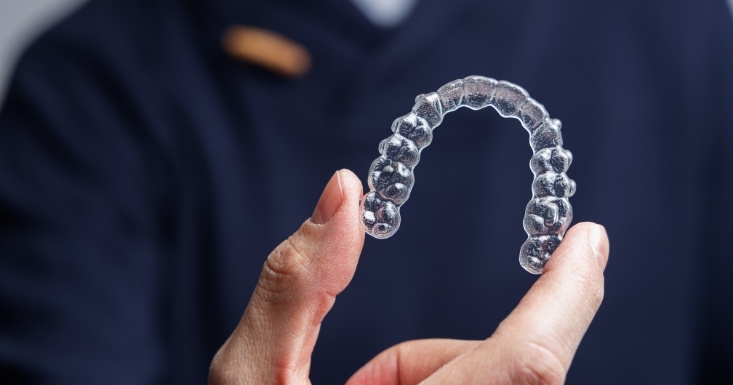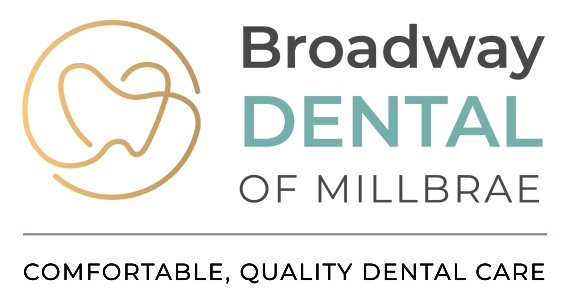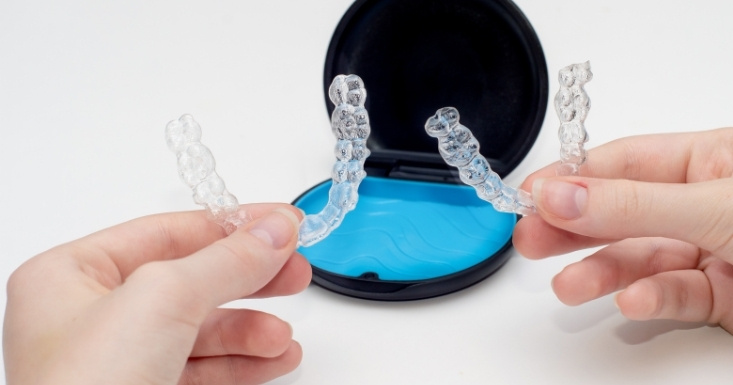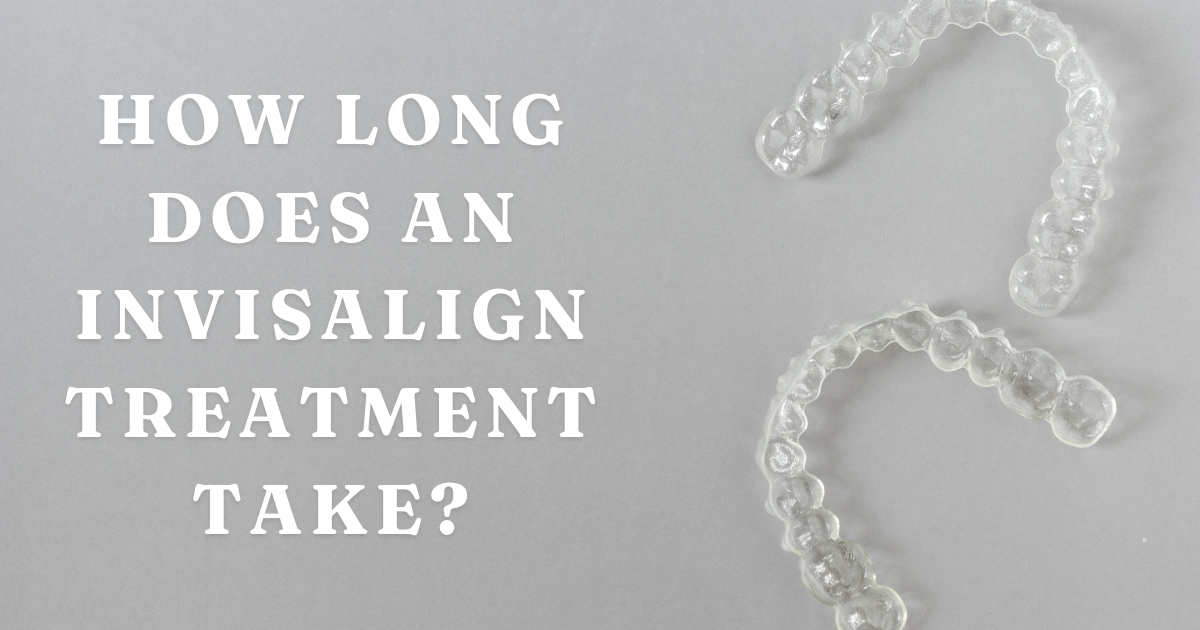Book Now
Can You Get Invisalign If You Have Cavities?
Millbrae, CA

Invisalign is a popular orthodontic treatment that best works for strengthening your teeth. Although this is a well-known dental solution, many people wonder if they can start their Invisalign journey while having cavities on their teeth.
In one word, the answer is that it depends. Consulting with a professional is the best option for anyone. Mostly, they suggest treating the cavity first.
In this blog, you will get more information on cavities and Invisalign.
What are Cavities?
Cavities are basically the decay of your teeth. These are mostly permanent in nature and can gradually turn into small holes in your teeth.
When you leave the cavities untreated, they can severely damage your teeth.
How Cavities Affect Invisalign Treatment?
Your aligners need to be snugly fit over your teeth. Having cavities can create challenges for this fit.
- Decay Progression: Your aligners can trap bacteria and food particles if you already have cavities.
- Discomfort: When you have decay in your tooth, you feel pain. If you get aligners in this condition, the pain can actually worsen.
- Complicated Treatment: If your cavity worsens during Invisalign treatment, you might require extensive dental procedures like filling or crowns in the future.
Do You Need to Fix Cavities Before Invisalign?
In most cases, yes. Treating your cavity before you get your Invisalign is a good idea. However, there can be some exceptions:
- If you have minor cavities, you do not need extensive dental work before getting Invisalign.
- If your dentist finds a small cavity in between your aligners treatment and suggests you do not need any other dental procedure, then it is okay.
Can You Develop Cavities During Invisalign Treatment?
The answer is yes; you can develop cavities during your treatment, also.
Invisalign aligners require a tight fit over your teeth. But if these aligners trap food particles and bacteria, the chances of getting cavities are increased.
What to Do If You Have Cavities?
If you already have cavities and still want to proceed with your aligners,
- Start with a professional consultation. Your dentist can take an x-ray to assess the current situation of your teeth.
- If needed, get the necessary treatment for your cavities. Fillings, crowns, root canal – you have multiple options.
- To ensure you do not get new cavities, maintain a good oral care routine and follow your dentist’s advice strictly.
How to Prevent Cavities During Invisalign Treatment?
- Strict Oral Hygiene Routine
- You need to wear each of your aligners for around 20-22 hours a day. When you reinsert them after a period of time, remember to brush your teeth. This will prevent any bacteria buildup.
- Talk with your dentist, use only an Invisalign-friendly cleaning solution, and keep your aligners free from plaque.
- While you are on your aligners journey, try limiting your intake of sugary food items.
- Regular Checkups With Your Dentist
- Always schedule regular checkups with your dentist. Your dentist can monitor and spot any issue on time.
- You can get professional cleanings for a deeper and more thorough cleaning of plaque from your teeth.
It is possible to get Invisalign with minor cavities, but only if your dentist recommends it. In most cases, dentists prefer treating cavities before starting with the Invisalign to prevent any complications.
Starting your Invisalign with cavities in your mouth can result in pain, discomfort, or some major disruptions in the treatment. So take care of your health and have a safe and painless Invisalign journey.




